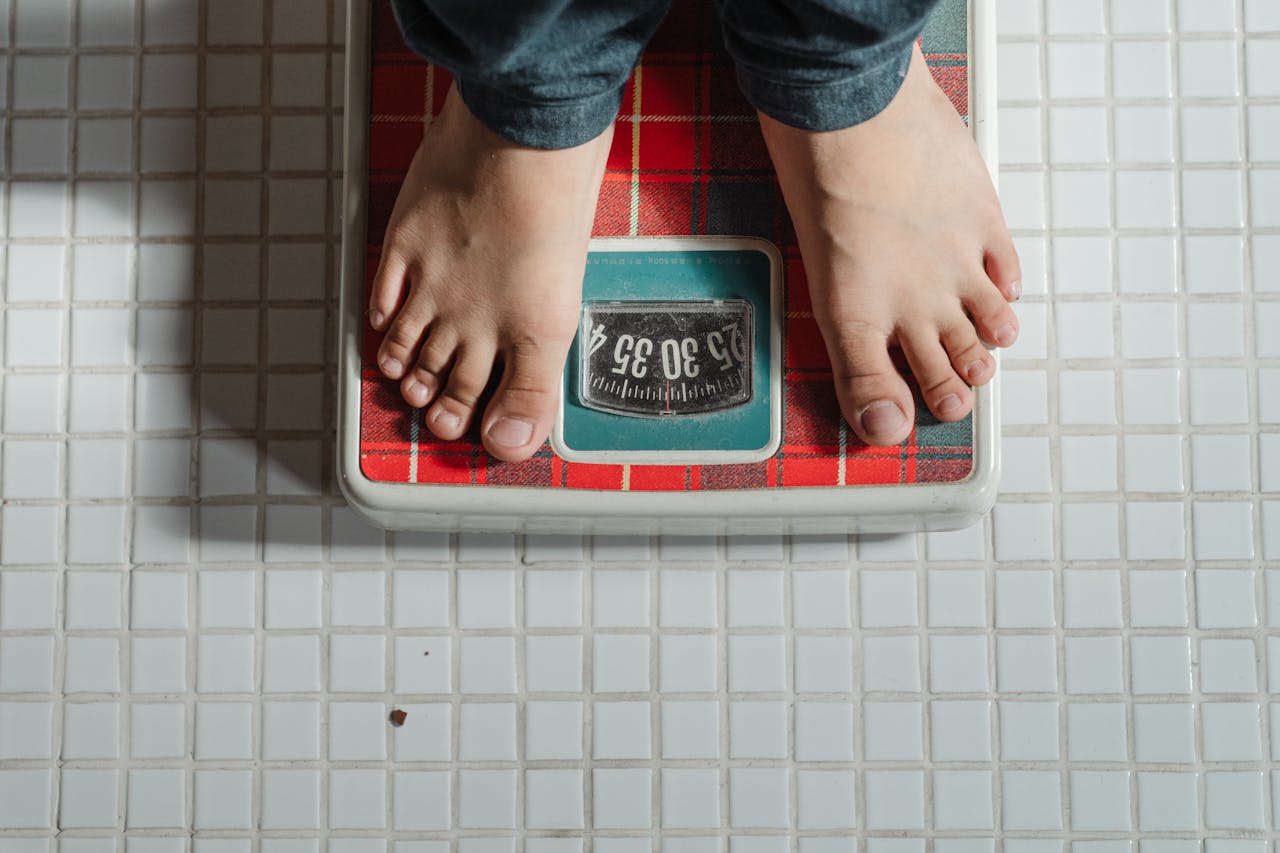Ozempic and other GLP-1 drugs are reshaping food, beauty, alcohol, and belonging. From snack sales to body ideals, marketers are rebranding around the “Ozempic Nation.”

Why Brands Are Selling You Friendship in the Belonging Economy
Let’s be honest: You’re lonely.
Not always. Not every minute. But in 2025, even when we’re surrounded by content, convenience, and constant communication, we are lonelier than ever. And marketers know it.
Welcome to the Belonging Economy, where brands no longer just sell you products—they sell you people. Or at least the illusion of them. They sell you the idea that buying what they offer will grant you access to a community, a lifestyle, or an identity that makes you feel just a little less alone.
And it works. Because deep down, humans are tribal creatures with lizard-brain wiring that whispers: If we don’t belong, we won’t survive.
We Used to Buy Stuff. Now We Buy Us.
Brand loyalty used to be about consistency, price, or performance. You stuck with Crest toothpaste because it worked. You bought Levi’s jeans because they fit. But that equation has changed. Now, loyalty is tribal. We choose brands like we choose friends, partners, or religions. We ask:
Does this brand get me?
Do I feel seen here?
Will this brand validate me?
The stakes are higher, and the purchase is more emotional. It’s not just coffee. It’s my coffee. Not just sneakers. My people’s sneakers.
Loneliness: The Hidden Driver of Modern Consumption
During and after the pandemic, isolation reached historic levels. As remote work, online schooling, and digital-first everything took root, our social circles shrank. But the human need for connection didn’t.
Enter: Brands.
They didn’t just fill the gaps. They redefined the gaps.
Lululemon stopped selling yoga pants and started selling a community of mindful, empowered women. Glossier sold dewy makeup, sure, but also self-acceptance and belonging to a generation of bare-faced cool girls. Stanley Tumblers became a social signal among millennial moms. (If you know, you know.)
And in perhaps the most dystopian twist, AI companions, virtual girlfriends, and chatbot therapists are now marketed as emotional support systems. Because apparently, we’ll trust a brand to simulate intimacy before we’ll risk the vulnerability of actual connection.
But connection isn’t just digital. The pandemic also exposed how few true third spaces we had—places that weren’t home or work, but where we could just be among others.
Panera Bread saw the opportunity. With its cafes positioned as welcoming, flexible gathering spots, and programs like the Unlimited Sip Club, Panera isn’t just slinging soup and sandwiches. It’s selling a sense of place. A casual membership in a pseudo-community. Come here, linger, sip something. Belong.
From Influencer to Intimacy: Selling the Illusion of Friendship
We used to spot an ad and roll our eyes. Now, we get “influenced” by someone who feels like a friend – someone who shows us their kitchen, their skincare routine, their panic attacks.
Parasocial relationships used to be for celebrities. Now they’re a marketing tool.
The algorithm feeds us curated intimacy, and we eat it up because it feels better than scrolling past faceless brands yelling into the void. The line between “relationship” and “campaign” has never been blurrier. And marketers love that.
Membership is the New Ownership
Old capitalism: Own the product.
New capitalism: Belong to the brand.
Consider:
Peloton isn’t just selling a bike. It’s selling high-fives from strangers and a leaderboard that whispers “you’re not alone.”
LEGO Insiders gamify childhood nostalgia with adult fan points and VIP perks.
Nike Run Club turns your fitness into a branded social network.
When you buy in, you’re not just spending money. You’re buying a badge that signals who you are and who you want to be seen with.
And let’s not forget food, where this model is booming. Brands like Liquid Death have created entire personalities around water—inviting consumers to join a punk-rock club of anti-corporate, eco-conscious rebels.
Then there’s Ben & Jerry’s, who long ago turned their ice cream into a movement. Yes, you’re getting a pint of Chocolate Fudge Brownie, but you’re also buying into a progressive, justice-minded community that cares about climate, equity, and human rights. That pint says, “I care.” That purchase says, “I’m one of the good guys.” It’s not just dessert. It’s identity.
If that sounds contradictory, it is. And brilliant.
Belonging Has a Price
Let’s be clear: The Belonging Economy is profitable precisely because it leverages our deepest psychological vulnerabilities. It offers something we all crave—acceptance, identity, connection—in exchange for brand allegiance.
But that connection is conditional.
If you stop buying, you disappear. If you opt out, you’re left behind. You weren’t a member of the tribe. You were just a customer with benefits.
That’s not to say it’s all bad. There’s something undeniably powerful about shared symbols and collective identity. Humans have always built community around rituals and objects.
Just maybe… those objects weren’t always $50 water bottles or $4,000 bikes.
What Happens Next?
The brands winning in 2025 understand this: We are not just buying stuff. We’re buying stories about who we are.
And the smart ones? They’re not shouting at us. They’re whispering, “You belong here.”
So the next time you feel a flutter of connection while watching a TikTok haul or unboxing a new purchase, ask yourself: Is this brand really my friend? Or just really good at playing one?
Either way, you’re not alone.
And that’s exactly the point.
They’ve got their hooks in you.
FADS rise quickly, burn hot and fall out. They say you’re fat, you’re no fun, you need to relax, and you might even die alone.
In fact, FADS bank on the fact that you already believe all of that.
Ready to learn how it works?


